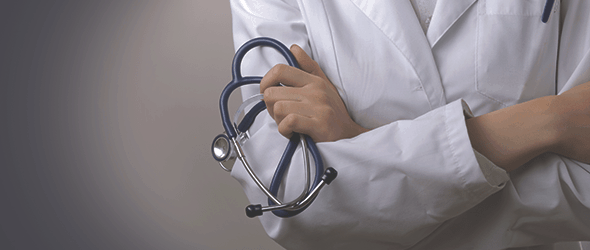If you have high medical bills, it can be hard to know where to turn. Medical bills usually show up when people are least equipped to deal with them – when they or a member of their family is sick or injured.
They may even be off work due to illness or surgery.
Fortunately, there are several steps you can take to deal with medical debt. Let’s get started.
1. Be a savvy medical consumer.
Doctors and medical facilities don’t generally post prices where you can see them. You may have no idea what an office visit or procedure costs until you get the bill. You may be able to get the same service elsewhere for less money elsewhere. Shop around, when possible.
Don’t be afraid to ask questions of your medical provider, and tell him or her that you don’t want unnecessary tests, prescriptions, and so on.
2. Check your bill.
Never pay medical bills you don’t understand.
This is especially true if you get bills from other providers, such as labs and radiologists. Mistakes and even fraud are all too common.
Read every line of your bill, as ask your main provider if you’re not sure a charge is correct.
3. If you’re paying cash, ask for the cash rate.
Medical providers save time and paperwork when you pay cash. They may have a reduced rate if you ask.
4. If you cannot pay a large bill, ask for help.
Hospitals and other institutions routinely reduce bills based on patient’s ability to pay. This is not automatic – you must speak with a patient representative and ask for help.
You may be required to fill out a budget and provide other financial information, and then agree to a payment plan. It’s important to talk to the representative as soon as possible.
If you wait until the bill goes to collections, it may be too late.
5. Seek help from charitable organizations.
You may be able to find a charitable organization that helps people with a certain disease or condition. Many resources, financial and non-financial, are available if you can find them.
6. If you have huge medical and other bills, bankruptcy may be the last resort.
Bankruptcy should seldom be necessary if your only bills are medical because medical providers are relatively flexible compared to other creditors.
However, in times of stress, lots of bills tend to pile up. Don’t feel that you have failed if you need to file for Chapter 13 or Chapter 7 bankruptcy. Bankruptcy laws are intended to help people who have insurmountable debts, especially after a major crisis.
Avoid putting medical bills on a high-interest credit card or on one that charges an upfront cash advance fee. You are almost always better off making payments to a medical care provider than to a bank or other lender.





